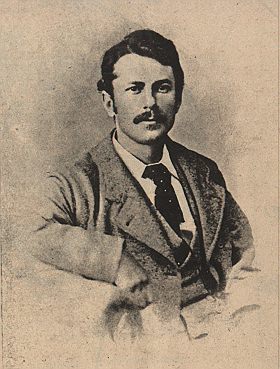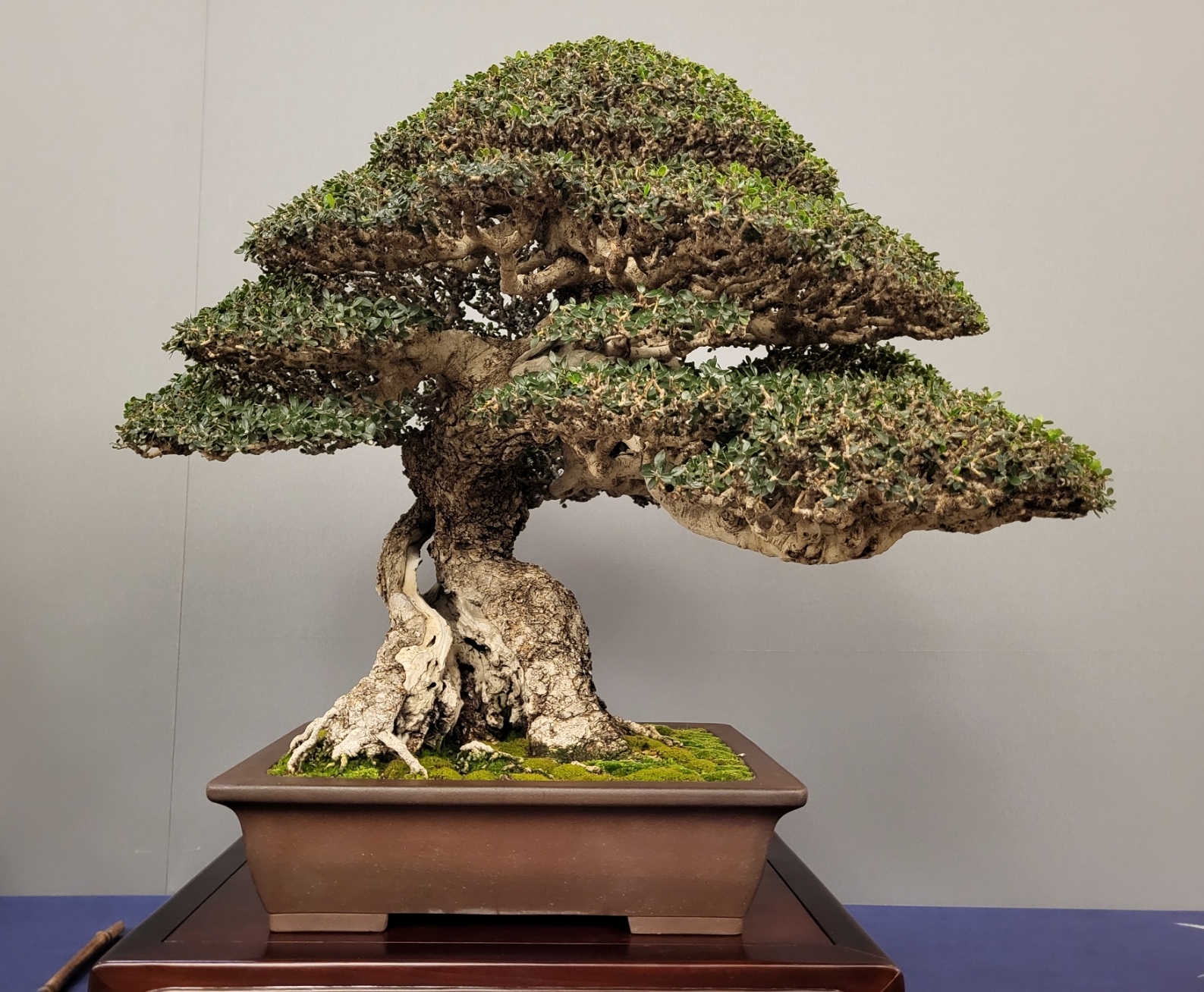|
Olive Schreiner
Olive Schreiner (24 March 1855 – 11 December 1920) was a South African author, anti-war campaigner and intellectual. She is best remembered today for her novel '' The Story of an African Farm'' (1883), which has been highly acclaimed. It deals boldly with such contemporary issues as agnosticism, existential independence, individualism, the professional aspirations of women, and the elemental nature of life on the colonial frontier. Since the late 20th century, scholars have also credited Schreiner as an advocate for the Afrikaners, and other South African groups who were excluded from political power for decades, such as indigenous blacks, Jews, and Indians. Although she showed interest in socialism, pacifism, vegetarianism, and feminism amongst other topics, her views escaped restrictive categorisations. Her published works and other surviving writings promote implicit values such as moderation, friendship, and understanding amongst all peoples, and avoid the pitfalls of pol ... [...More Info...] [...Related Items...] OR: [Wikipedia] [Google] [Baidu] |
Cape Colony
The Cape Colony (), also known as the Cape of Good Hope, was a British Empire, British colony in present-day South Africa named after the Cape of Good Hope. It existed from 1795 to 1802, and again from 1806 to 1910, when it united with three other colonies to form the Union of South Africa, then became the Cape Province, which existed even after 1961, when South Africa had become a republic, albeit, temporarily outside the Commonwealth of Nations (1961–94). The British colony was preceded by an earlier corporate colony that became an Dutch Cape Colony, original Dutch colony of the same name, which was established in 1652 by the Dutch East India Company, Dutch East India Company (VOC). The Cape was under VOC rule from 1652 to 1795 and under rule of the Napoleonic Batavian Republic, Batavia Republic from 1803 to 1806. The VOC lost the colony to Kingdom of Great Britain, Great Britain following the 1795 Invasion of the Cape Colony, Battle of Muizenberg, but it was ceded to the ... [...More Info...] [...Related Items...] OR: [Wikipedia] [Google] [Baidu] |
Herbert Spencer
Herbert Spencer (27 April 1820 – 8 December 1903) was an English polymath active as a philosopher, psychologist, biologist, sociologist, and anthropologist. Spencer originated the expression "survival of the fittest", which he coined in ''Principles of Biology'' (1864) after reading Charles Darwin's 1859 book ''On the Origin of Species''. The term strongly suggests natural selection, yet Spencer saw evolution as extending into realms of sociology and ethics, so he also supported Lamarckism. Riggenbach, Jeff (24 April 2011The Real William Graham Sumner, Mises Institute. Spencer developed an all-embracing conception of evolutionism, evolution as the progressive development of the physical world, biological organisms, the human mind, and human culture and societies. As a polymath, he contributed to a wide range of subjects, including ethics, religion, anthropology, economics, political theory, philosophy, literature, astronomy, biology, sociology, and psychology. During h ... [...More Info...] [...Related Items...] OR: [Wikipedia] [Google] [Baidu] |
Men And Women's Club
The Men and Women's Club was a debating society founded by Karl Pearson to discuss relations between the sexes, such as marriage, sexuality, friendship, and prostitution. It was composed of middle-class London radical thinkers. It was intellectually adventurous for its time. It met from 1885 to 1889, and the records of its meetings are now part of the Pearson collection at University College London University College London (Trade name, branded as UCL) is a Public university, public research university in London, England. It is a Member institutions of the University of London, member institution of the Federal university, federal Uni ....Walkowitz, Judith R., "Science, Feminism and Romance: The Men and Women's Club 1885-1889", ''History Workshop Journal'' 1986 21(1):37-59. References Debating societies {{UK-poli-stub ... [...More Info...] [...Related Items...] OR: [Wikipedia] [Google] [Baidu] |
Karl Pearson
Karl Pearson (; born Carl Pearson; 27 March 1857 – 27 April 1936) was an English biostatistician and mathematician. He has been credited with establishing the discipline of mathematical statistics. He founded the world's first university statistics department at University College London in 1911, and contributed significantly to the field of biometrics and meteorology. Pearson was also a proponent of Social Darwinism and eugenics, and his thought is an example of what is today described as scientific racism. Pearson was a protégé and biographer of Sir Francis Galton. He edited and completed both William Kingdon Clifford's ''Common Sense of the Exact Sciences'' (1885) and Isaac Todhunter's ''History of the Theory of Elasticity'', Vol. 1 (1886–1893) and Vol. 2 (1893), following their deaths. Early life and education Pearson was born in Islington, London, into a Quaker family. His father was William Pearson QC of the Inner Temple, and his mother Fanny (née Smit ... [...More Info...] [...Related Items...] OR: [Wikipedia] [Google] [Baidu] |
Fellowship Of The New Life
The Fellowship of the New Life was a British organisation in the 19th century, most famous for a splinter group, the Fabian Society. It was founded in 1883, by the Scottish intellectual Thomas Davidson. Fellowship members included the poet Edward Carpenter, animal rights activist Henry Stephens Salt, sexologist Havelock Ellis, feminist Edith Lees (who later married Ellis), novelist Olive Schreiner and future Fabian secretary Edward R. Pease. Future UK Prime Minister Ramsay MacDonald was briefly a member. According to MacDonald, the Fellowship's main influences were Henry David Thoreau and Ralph Waldo Emerson. The Fellowship published a journal called ''Seed-Time''. Its objective was "The cultivation of a perfect character in each and all." They wanted to transform society by setting an example of clean simplified living for others to follow. Many of the Fellowship's members advocated pacifism, vegetarianism and simple living, under the influence of Leo Tolstoy's ideas. But ... [...More Info...] [...Related Items...] OR: [Wikipedia] [Google] [Baidu] |
Edward Carpenter
Edward Carpenter (29 August 1844 – 28 June 1929) was an English utopian socialist, poet, philosopher, anthologist, an early activist for gay rights and prison reform whilst advocating vegetarianism and taking a stance against vivisection. As a philosopher, he was particularly known for his publication of ''Civilisation: Its Cause and Cure''. Here, he described civilisation as a form of disease through which human societies pass. An early advocate of sexual liberation, he had an influence on both D. H. Lawrence and Sri Aurobindo, and inspired E. M. Forster's novel ''Maurice''.Symondson, Kate (25 May 2016E M Forster’s gay fiction . The British Library website. Retrieved 18 July 2020 Early life Born at 45 Brunswick Square, Hove in Sussex, Carpenter was educated at nearby Brighton College, where his father Charles Carpenter was a governor. His brothers Charles, George and Alfred also went to school there. Edward's grandfather was Vice-Admiral James Carpenter (d ... [...More Info...] [...Related Items...] OR: [Wikipedia] [Google] [Baidu] |
Progressive Organisation
Progressive may refer to: Politics * Progressivism, a political philosophy in support of social reform ** Progressivism in the United States, the political philosophy in the American context ** Progressivism in South Korea, the political philosophy in the South Korean context * Progressive realism, an American foreign policy paradigm focused on producing measurable results in pursuit of widely supported goals Political organizations * Congressional Progressive Caucus, members within the Democratic Party in the United States Congress dedicated to the advancement of progressive issues and positions * Progressive Alliance (other) * Progressive Conservative (other) * Progressive Party (other) * Progressive Unionist (other) Other uses in politics * Progressive Era, a period of reform in the United States (c. 1890–1930) * Progressive tax, a type of tax rate structure Arts, entertainment, and media Music * Progressive music, a type of ... [...More Info...] [...Related Items...] OR: [Wikipedia] [Google] [Baidu] |
Southampton
Southampton is a port City status in the United Kingdom, city and unitary authority in Hampshire, England. It is located approximately southwest of London, west of Portsmouth, and southeast of Salisbury. Southampton had a population of 253,651 at the 2011 census, making it one of the most populous cities in southern England. Southampton forms part of the larger South Hampshire conurbation which includes the city of Portsmouth and the boroughs of Borough of Havant, Havant, Borough of Eastleigh, Eastleigh, Borough of Fareham, Fareham and Gosport. A major port, and close to the New Forest, Southampton lies at the northernmost point of Southampton Water, at the confluence of the River Test and River Itchen, Hampshire, Itchen, with the River Hamble joining to the south. Southampton is classified as a Medium-Port City. Southampton was the departure point for the and home to 500 of the people who perished on board. The Supermarine Spitfire, Spitfire was built in the city and Sout ... [...More Info...] [...Related Items...] OR: [Wikipedia] [Google] [Baidu] |
Royal Infirmary Of Edinburgh
The Royal Infirmary of Edinburgh (RIE) was established in 1729, and is the oldest voluntary hospital in Scotland. The new buildings of 1879 were claimed to be the largest voluntary hospital in the United Kingdom, and later on, the Empire."In Coming Days" The Edinburgh Royal Infirmary Souvenir Brochure 1942 The hospital moved to a new 900 bed site in 2003 in Little France. It is the site of clinical medicine teaching as well as a teaching hospital for the University of Edinburgh Medical School. In 1960 the first successful kidney transplant performed in the UK was at this hospital. In 1964 the world's first coronary care unit was established at the hospital. It is the only site for liver, pancreas, and pancreatic islet cell transplantation in Scotland, and one of the country's two sites for kidney transplantation. In 2012, the Emergency Department had 113,000 patient attendances, the highest number in Scotland. It is managed by NHS Lothian. History Foundation and early history ... [...More Info...] [...Related Items...] OR: [Wikipedia] [Google] [Baidu] |
Olive Schreiner00
The olive, botanical name ''Olea europaea'' ("European olive"), is a species of subtropical evergreen tree in the family Oleaceae. Originating in Asia Minor, it is abundant throughout the Mediterranean Basin, with wild subspecies in Africa and western Asia; modern cultivars are traced primarily to the Near East, Aegean Sea, and Strait of Gibraltar. The olive is the type species for its genus, ''Olea'', and lends its name to the Oleaceae plant family, which includes species such as lilac, jasmine, forsythia, and ash. The olive fruit is classed botanically as a drupe, similar to the cherry or peach. The term oil—now used to describe any viscous water-insoluble liquid—was virtually synonymous with olive oil, the liquid fat made from olives. The olive has deep historical, economic, and cultural significance in the Mediterranean; Georges Duhamel remarked that the "Mediterranean ends where the olive tree no longer grows". Among the oldest fruit trees domesticated by hum ... [...More Info...] [...Related Items...] OR: [Wikipedia] [Google] [Baidu] |
Allegory
As a List of narrative techniques, literary device or artistic form, an allegory is a wikt:narrative, narrative or visual representation in which a character, place, or event can be interpreted to represent a meaning with moral or political significance. Authors have used allegory throughout history in all forms of art to illustrate or convey complex ideas and concepts in ways that are comprehensible or striking to its viewers, readers, or listeners. Writers and speakers typically use allegories to convey (semi-) hidden or complex meanings through symbolism (arts), symbolic figures, actions, imagery, or events, which together create the moral, spiritual, or political meaning the author wishes to convey. Many allegories use personification of abstract concepts. Etymology First attested in English in 1382, the word ''allegory'' comes from Latin ''allegoria'', the latinisation (literature), latinisation of the Greek language, Greek ἀλληγορία (''allegoría''), "veiled ... [...More Info...] [...Related Items...] OR: [Wikipedia] [Google] [Baidu] |






